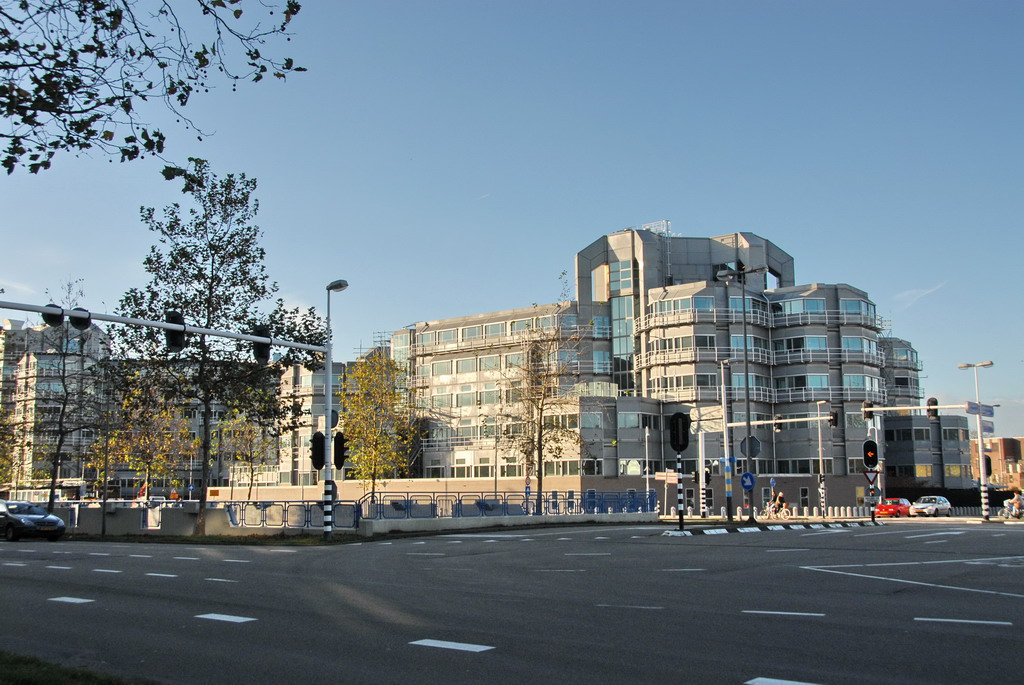Dutch intelligence services now share less information with US

The Dutch intelligence services are sharing less information with the United States and working more closely with European partners, AIVD director Erik Akerboom and MIVD director Peter Reesink have told the Volkskrant in a joint interview.
Their caution towards Washington is linked to what they describe as the increasingly autocratic course of president Donald Trump, who has dismissed senior officials for lacking loyalty and used lawsuits to pressure journalists, judges and universities.
The directors said this is the first time developments in the US are directly shaping Dutch intelligence ties, marking a break with decades of close cooperation with the CIA and NSA.
“That we sometimes don’t tell things anymore, that is true,” Reesink said, while Akerboom added that sharing is now considered case by case. “We are very alert to the politicisation of intelligence and to human rights violations,” he told the paper.
In the past, the NSA intercepted large amounts of raw data, including Dutch phone calls. Akerboom said he could not specify what is or isn’t shared, “but we are more critical”, although neither director could rule out that raw data containing information about Dutch citizens still reaches the US.
At the same time, cooperation within Europe has increased. Akerboom said a leading group of northern European intelligence services — including the Netherlands, Britain, Germany, the Scandinavian services, France and Poland — now exchange more information, including raw data, driven by Russia’s war in Ukraine.
The directors also warned that Russia is behind dozens of successful hacks in the Netherlands every year, “in areas where it causes real disruption”, while China is becoming an even greater digital threat.
Akerboom cautioned Dutch travellers to China about so-called “close access” operations, in which laptops and smartphones belonging to journalists, senior officials and technical specialists are copied physically or wirelessly.
“People really need to be aware that their devices are vulnerable,” he said, adding that even encrypted data can be stored and later decrypted using artificial intelligence.
Both intelligence chiefs said the Netherlands needs broader powers to act faster against Russian and Chinese cyberattacks. “We want to be able to act more quickly when we see an attack. The procedure is now too time-consuming,” Akerboom said.
Thank you for donating to DutchNews.nl.
We could not provide the Dutch News service, and keep it free of charge, without the generous support of our readers. Your donations allow us to report on issues you tell us matter, and provide you with a summary of the most important Dutch news each day.
Make a donation